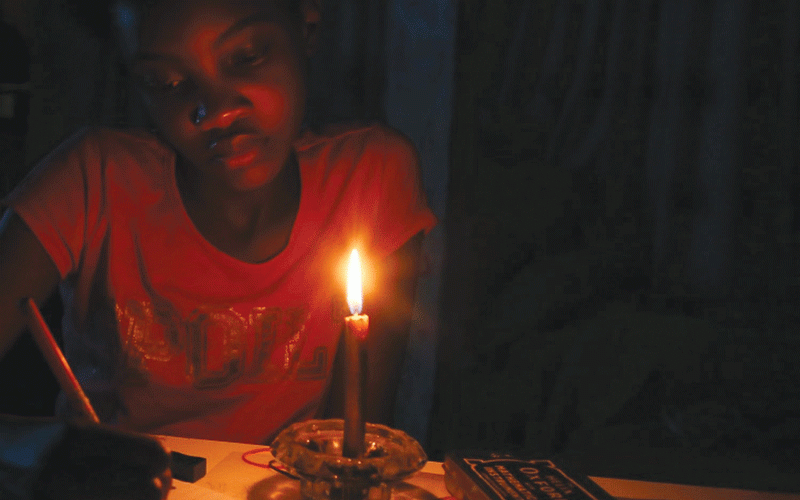
RECENT reports that the Zimbabwe Power Company (ZPC) ignored valuable advice by the Zambezi River Authority (ZRA) to stick to the 550 megawatts generation of electricity at the Kariba Hydro Power Station is a major cause of concern given the prolonged power outages the nation is now enduring.
ZRA chief executive Munyaradzi Munodawafa told ZPC as early as January this year that generation would be suspended until January 2023 to allow for the lake to fill up.
The impact of these prolonged power cuts is already being felt, with retailers raising prices of goods citing the punishing power cuts which are pushing up operational costs.
This was confirmed by the Confederation of Zimbabwe Retailers president Denford Mutashu, who pointed out that the power supply challenges have been emboldened by the punishing load-shedding that have resulted in marginal increases in basics and non-basics as production costs rise sharply.
The manufacturing sector is also pressing the panic button, with the Confederation of Zimbabwe Industries warning that the power cuts will increase downtime and their operational costs.
A Zimbabwe National Chamber of Commerce delegation led by its president Mike Kamungeremu held a meeting with Energy minister Zhemu Soda and the ministry’s permanent secretary Gloria Magombo on Thursday to discuss the power crisis.
This crisis would have been avoided if government had put in place contingency plans for such an occurrence. For years, there have been discussions on the need for renewable energy and the need for more independent power producers (IPPS) to augment the country’s power supply.
However there has been very little action on the ground to make sure these IPPS are up to speed and that they fill the supply gap.
- Mthuli Ncube abandons struggling consumers
- Fears of jobs carnage as crisis deepens
- Fresh warning over bank rate hikes
- Police admit that money changers are untouchable
Keep Reading
Government has to date licensed over 200 IPPS with a potential to add 7 000 megawatts to the national grid, more than adequate for national requirements. That most of them have not come on board speaks to lack of supervision by the powers-that-be.
As long as government does not set its priorities right, it will continue producing brilliant blueprints that will not shore up the economy.







